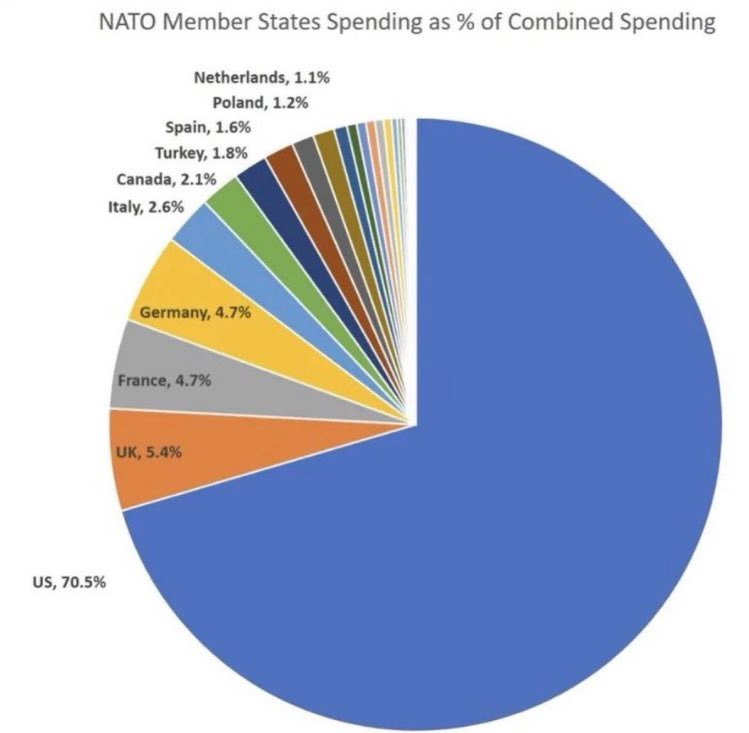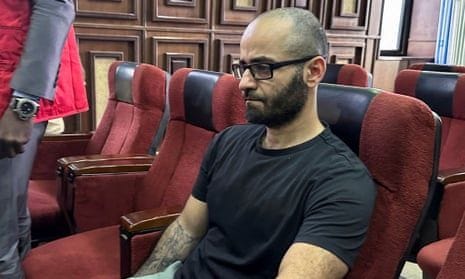NFTW: The Changing World Order
This week we explore the shifting tides of global power, the UK's balancing act between Europe and the U.S., and how the crypto frontier is becoming a new front in the geopolitical chess game.
Welcome back everyone, hope you've all been well. As we witness profound shifts in the global order, I find myself reflecting on how these macro changes are playing out in unexpected ways across various domains. This week, we'll explore the intersection of geopolitics, crypto, and state power, and what it means for a world in transition.
The Changing World Order
In a recent interview with Megyn Kelly, newly confirmed Secretary of State Marco Rubio made a startling declaration: the United States is no longer the sole superpower, and multipolarity is not only the norm but the preference of the Trump administration. This marks a shocking departure from the bipartisan consensus that has defined American foreign policy since World War II—the belief that the United States is and should remain the economic, military, and moral leader of the world.
“It’s not normal for the world to simply have a unipolar power, that was an anomaly, that was a product of the end of the Cold War. But eventually you’re going to reach back to having a multipolar world…great powers in other parts of the world; we face that now with China and to some extent Russia.”
Rubio's words echo a sentiment once expressed by Vladimir Lenin: "There are decades where nothing happens; and there are weeks where decades happen." In just a few short sentences, Rubio upended decades of American foreign policy doctrine, acknowledging China as a major player in what he sees as a multipolar world order.
This shift in language and tone signals a profound change in how the United States sees its role on the global stage. It's a recognition that the post-World War II era of American hegemony is coming to an end, and that new powers are rising to challenge the status quo. However, it’s not just a sentiment shift but also in directives and actions—as we’ve seen the upending of the federal agency USAID (United States Agency for International Development).
Europe in the Crosshairs
One of the most immediate consequences of this shift is a reevaluation of America's relationship with Europe. For decades, the United States has shouldered a disproportionate share of the burden for Europe's defence through NATO. But as Rubio's comments suggest, this arrangement may no longer be tenable in a multipolar world where American resources are stretched thin.
The events of the last few weeks have thrown this issue into sharp relief. From the interesting way in which a peace agreement is being reached between Ukraine and Russia to the growing tensions with China, it's clear that the United States will have to make tough choices about where to focus its attention and resources in the years ahead.
For Europe, this means a reckoning with its own defense capabilities and its role in the global order. As the United States pulls back from its traditional role as the guarantor of European security, European nations will have to step up and take on more responsibility for their own defence.
For the United Kingdom, this shifting order presents a delicate balancing act. Ideologically aligned with Europe but historically tied to the U.S. through the "special relationship," the UK must navigate a tightrope between these two poles.
The Road Ahead
Rubio's comments are a stark reminder that we are living through a period of profound global change. As power shifts from West to East, and as new players emerge on the global stage, the old rules and assumptions that have governed international relations for the past 75 years are being called into question.
For the United States, this means coming to terms with a world in which it is no longer the sole superpower, and in which cooperation and competition with other major powers will be the norm. It means redefining its role in the world and finding new ways to advance its interests in an increasingly complex and multipolar global environment.
As we navigate this new world order, we would do well to remember the words of another great thinker, the ancient Greek philosopher Heraclitus: "The only constant in life is change." The world is changing faster than ever before, and those who fail to adapt will be left behind. The challenge for all of us—as individuals, as nations, and as a global community—is to embrace this change and find ways to thrive in a world in transition.
The Crypto Wizard vs. Nigeria
“The Crypto Wizard vs. Nigeria” was the most interesting podcast I listened to this week. The episode focuses on the detention of Tigran Gambaryan in Nigeria, and how this seemingly isolated incident is actually part of a larger geopolitical chess game.
What I found particularly compelling was how the case was used as a backdrop of the wider challenges posed by emerging technologies. As crypto disrupts traditional financial models, it's also challenging the very boundaries of state sovereignty and economic negotiation.
If you're at all interested in the future of finance, the evolution of state power, or the social impact of emerging technologies, this episode is a must-listen. At times it was an incredibly tough listen because it served as a reminder of how far the Nigerian government has to go in embracing a technology that is already so widely used amongst its young populace.
Until next week. Peace.



